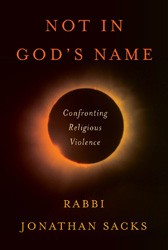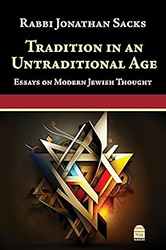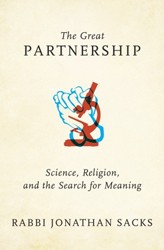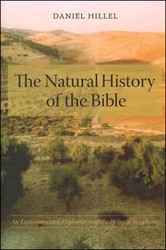Rabbi Lord Jonathan Sacks, Chief Rabbi Emeritus of the United Hebrew Congregations of the British Commonwealth, has recently published a compendium of short essays on the weekly Torah readings for the book of Numbers. This volume complements similar books that he has written on the books of Genesis, Exodus, and Leviticus, with the entire set of Torah commentary soon to be completed by a forthcoming volume on Deuteronomy. This book, the latest in the series, includes four to six essays for each of Numbers’ Parashiot, as well as an interesting introductory essay containing seven important exegetical principles that pertain specifically to this book of the Torah.
In his introduction , Rabbi Sacks writes that Numbers: “…is a key text for our time. It is among the most searching, self-critical books in all of literature about what Nelson Mandela referred to as ‘the long walk to freedom.’ Its message is that there is no shortcut to liberty.” He expands upon this theme both in essays specifically dedicated to this concept (“Time as a Factor in Politics” , and “The Long Walk to Freedom”) as well as in his numerous applications of the distinction made by. Ronald Heifetz between “technical” and “adaptive leadership.” The former challenge merely calls upon the leader to solve objective problems as they present themselves to the nation, something that Moses competently addressed in the books of Exodus and Leviticus. The latter, which becomes the dominant challenge of the book of Numbers as the people prepare to enter the Promised Land, requires finding ways to influence the entire Jewish nation to change and evolve in order to address new realities. This role proved much more difficult for Moses. In “Leadership and the Art of Pacing,” Rabbi Sacks convincingly argues why as the Jews were emerging from their former “slave mentality” and becoming more independent, Joshua was now more able to serve as the proper leader for the people.
Another theme that Rabbi Sacks f highlights in his introduction and invokes on numerous occasions throughout many of the essays, is how the interplay between biblical discussions of law followed by narrative, serves as an important counterpoint. for while not negating man’s free will, it nevertheless attempts to impose a modicum of order upon the sometimes anarchical tendencies within human beings’ social organization.
Throughout this volume on Numbers, as in the many other works he has published on various topics over the years, Rabbi Sacks’s considerable erudition is evidenced through his numerous references to atypical primary Jewish sources as well as to various philosophers, ethicists, social scientists, and political thinkers. Also of interest are multiple references to the same primary source, with different emphases being placed in light of the specific context in which the source is being used.
This work by Rabbi Sacks offers a great deal of food for thought regarding major topics in the book of Numbers, that should enhance a great many individual’s appreciation not only of this book of the Bible, but also of major themes in Jewish thought and how such matters pertain to our contemporary experience. It is highly recommended.





